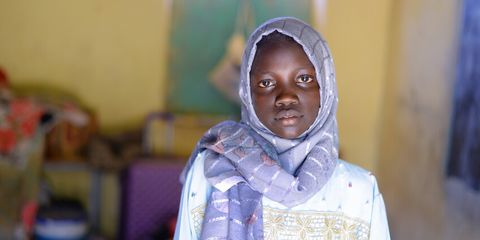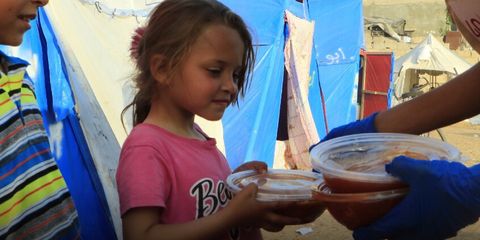25 APRIL 2019
On 23 April, the United Nations Security Council adopted Resolution 2467 on Sexual Violence in Conflict. To prevent a United States veto of the resolution, Security Council members instead removed all references to sexual and reproductive health services, significantly watering down the draft resolution that came before the Council the night before.
Plan International is outraged by the disregard displayed for the rights of girls and women rape survivors in the resolution on combating sexual violence in conflict that was adopted by the United Nations Security Council on Tuesday.
Violation of human rights
This clearly puts at risk the dignity and survival of girls and women who have experienced the most horrific violence.
Plan International views it as unacceptable for the Security Council to adopt a text aimed at giving priority to girls and women in conflict without providing access to life saving humanitarian services. It is internationally recognised that rape is used as a weapon of war. To deny access to sexual and reproductive health care to women and girls who have survived the most horrific crimes of conflict is cruel, inhuman and degrading and a violation of human rights.
Plan International welcomes the efforts of those Security Council members and other Member States who have defended the need for sexual and reproductive health services for survivors.
States must protect girls and women in conflicts
This issue must not be politicised. Denying girls and women access to life saving humanitarian services is a grave violation of human rights and undermines the UN’s commitments to gender equality. Post-rape care, emergency contraceptives and prophylactics, safe abortion, family planning services, antenatal care, safe delivery and post-natal care and services to prevent and treat sexually transmitted infections (including HIV) are vital.
All UN member states and UN agencies must fulfil their commitments to protect girls and women in conflicts and ensure their access to providing non-discriminatory and comprehensive health services, including sexual and reproductive health, psychosocial, legal and livelihood support.


